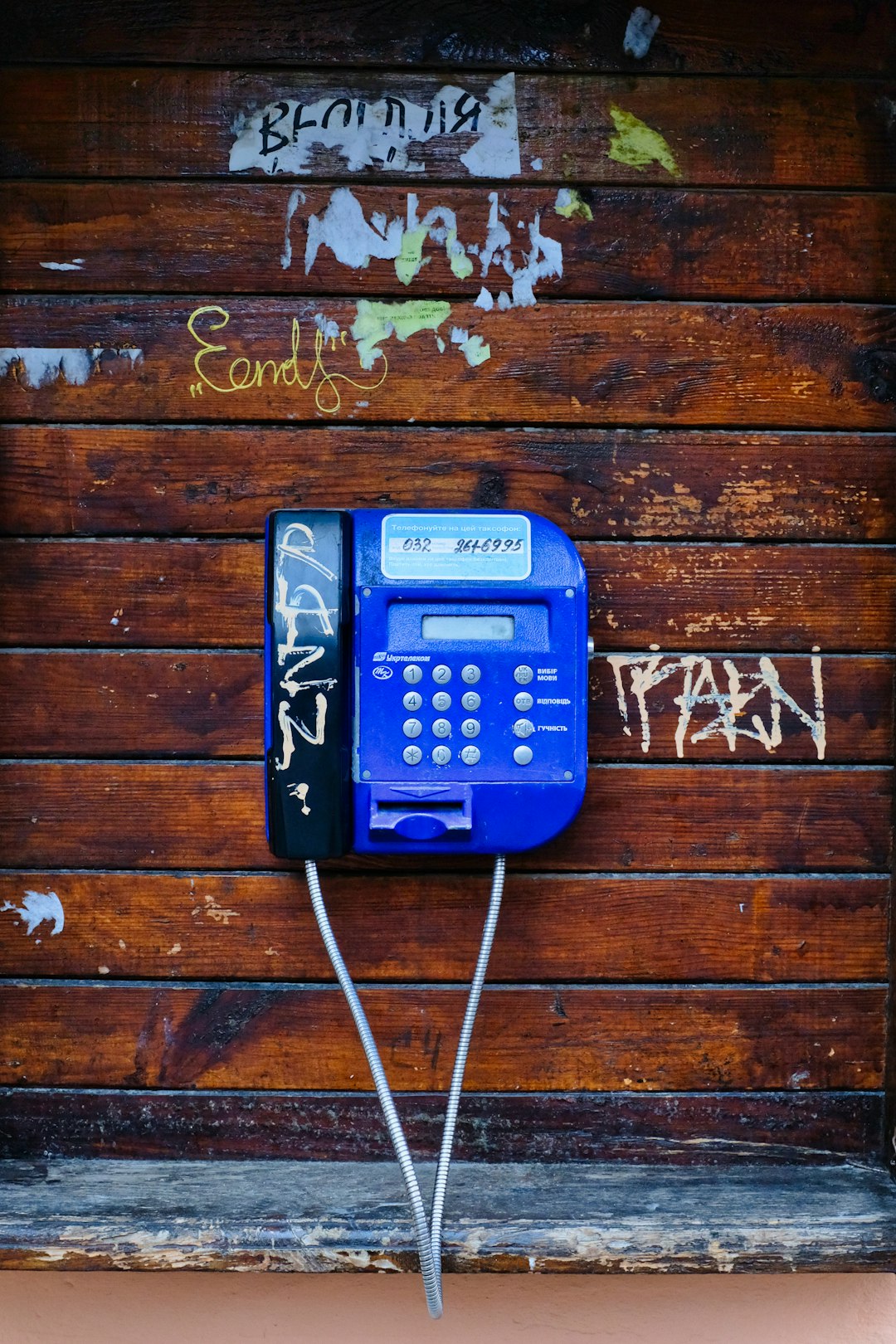Maryland's Telephone Consumer Protection Act (TCPA) protects residents from intrusive telemarketing calls via strict rules for businesses. Unwanted call law firms specialize in enforcing these laws, using technology like AI-powered blocking and filtering systems to combat spam and scams. By integrating do-not-call lists into tech infrastructure, residents can register their numbers for automatic protection. Adopting these tech solutions is recommended for those seeking assistance from an unwanted call law firm in Maryland, offering enhanced peace of mind against unwanted communications.
In today’s digital age, unwanted calls remain a pervasive issue, yet technology offers promising solutions. Maryland, with its stringent Unwanted Call Law, sets an example for consumer protection. This article delves into the impact of technological advancements in mitigating nuisance calls, exploring strategies from both legal and practical perspectives. We examine how innovative tech tools, combined with effective implementation, can help individuals reclaim their communication channels, providing a comprehensive guide for a quieter, more peaceful environment, especially for Maryland residents seeking respite from unwanted call law firms.
Understanding Unwanted Call Law in Maryland

In Maryland, the unwanted call law, also known as the Telephone Consumer Protection Act (TCPA), is designed to protect residents from harassing phone calls and text messages. This legislation sets strict guidelines for businesses and individuals making telemarketing or prerecorded calls, ensuring consumers’ privacy and peace of mind. The TCPA prohibits unsolicited calls made for advertising or marketing purposes unless the caller has obtained prior express consent from the recipient.
Maryland’s unwanted call law firm plays a pivotal role in enforcing these regulations. They specialize in investigating complaints related to violation of the TCPA, helping individuals who have received unwanted calls take legal action against persistent violators. These law firms assist clients by providing guidance on their rights, negotiating with companies to stop unauthorized calls, and representing them in court if necessary, ensuring compliance with Maryland’s unwanted call regulations.
The Impact of Technology on Reducing Unwanted Calls

In today’s digital era, technology plays a pivotal role in empowering individuals and businesses to combat unwanted calls effectively. Advanced call blocking and filtering systems have emerged as game-changers, allowing users to silence persistent and intrusive phone marketing efforts. These innovative solutions leverage sophisticated algorithms and machine learning to identify and block numbers associated with telemarketing, scams, or other forms of unwanted communication. One notable example is the implementation of the Unwanted Call Law firm Maryland, where cutting-edge technology is utilized to enforce do-not-call lists and protect consumers from abusive calling practices.
Through the integration of artificial intelligence, these technologies continuously learn and adapt to new patterns, ensuring a more robust defense against evolving tactics employed by call centers and scammers. The impact is significant, as it not only reduces the number of disturbing calls but also instills a sense of control and peace of mind for recipients. This shift towards technology-driven solutions has been instrumental in giving individuals and businesses the tools they need to navigate the phone communications landscape with greater ease and security.
Effective Strategies for Implementing Tech Solutions

Implementing technology solutions to combat unwanted calls requires a strategic approach, especially for those seeking help from a Maryland unwanted call law firm. One effective strategy is adopting advanced call blocking and filtering systems that utilize machine learning algorithms. These algorithms can identify and block spam calls accurately by analyzing patterns and characteristics of incoming numbers. By continuously learning and adapting, these systems become increasingly efficient in preventing annoying interruptions.
Additionally, integrating do-not-call lists into the technology infrastructure is vital. Maryland residents or businesses can leverage robust online platforms or apps that allow users to register their phone numbers for automatic inclusion in national do-not-call registries. This collaborative effort ensures that telemarketers and scammers are prevented from targeting specific areas, offering some relief to those dealing with unwanted calls.






